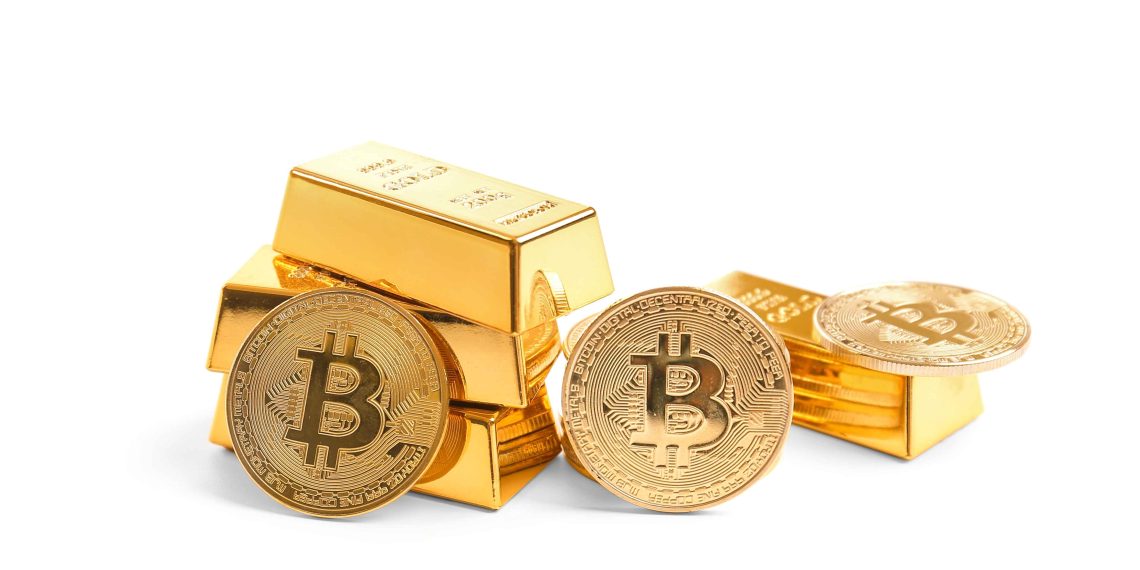The BRICS alliance has created a new economic corridor between its member nations, positioning the United Arab Emirates (UAE) as a rising leader in global gold trade. This shift has sparked discussions about the future of the US dollar in trade and whether Bitcoin (BTC) might be integrated into the BRICS framework as part of broader de-dollarization efforts.
UAE’s Rising Status as a Gold Hub
The UAE has emerged as the world’s second-largest gold hub, surpassing the United Kingdom’s gold holdings in 2023. Only Switzerland remains ahead of the UAE in terms of gold trading volume. With this growth, the UAE’s central role in the global precious metals market is becoming increasingly important.
According to Ahmed Bin Sulayem, CEO of the Dubai Multi Commodities Centre (DMCC), Western sanctions have led to a surge in central bank gold purchases, causing a major shift in the global gold trade. The UAE’s position as a key player in this shift is evident, as the country becomes the focal point for a new gold corridor stretching across Asia. This corridor places Dubai at its heart, facilitating gold trade across the BRICS nations, and further challenging the dominance of the US dollar in global trade settlements.
The UAE’s rise in the gold market is also being reinforced by significant agreements such as the Comprehensive Economic Partnership Agreement (CEPA) with India. This deal allows India to import up to 160 tonnes of gold from the UAE in 2024-25, enhancing the UAE’s gold trading volume and strengthening its position within the BRICS corridor.
BRICS and De-Dollarization: The Shift to Local Currencies
BRICS members, which now include the UAE, Iran, Egypt, and Ethiopia in addition to Brazil, Russia, India, China, and South Africa, have long advocated for reducing their reliance on the US dollar. This push for de-dollarization has already been seen in the oil trade, where China and India have increasingly opted to settle transactions in their local currencies—the Chinese Yuan and the Indian Rupee—instead of the dollar.
Furthermore, Russia has taken steps toward integrating digital assets into international trade, passing legislation allowing for the use of cryptocurrencies in trade settlements. This move, coupled with the growing discontent with the US dollar’s dominance, has spurred interest in alternative forms of currency within the BRICS group.
Could Bitcoin Replace Gold in the BRICS Corridor?
As BRICS nations continue to push for de-dollarization, Bitcoin could emerge as a viable alternative to gold in international trade. Like gold, Bitcoin is often viewed as a store of value and a hedge against inflation. However, unlike gold, Bitcoin offers the advantages of decentralization and ease of transfer, which makes it an attractive option for BRICS countries seeking to bypass traditional financial systems controlled by the US dollar.
The decentralized nature of Bitcoin aligns with BRICS’ broader goals of reducing reliance on centralized global powers and fostering financial independence. This, coupled with Bitcoin’s growing acceptance and use in international markets, suggests that the digital asset may become a part of BRICS’ financial ecosystem in the future.
Looking Ahead: A Changing Global Trade Landscape
With the UAE emerging as a central player in gold trade and BRICS nations intensifying their efforts to break free from US dollar dominance, the landscape for global trade is undergoing a major transformation. The integration of Bitcoin into this new financial framework could signal a further step toward financial autonomy for BRICS nations, reshaping how international trade is conducted and how value is stored across the globe.





















